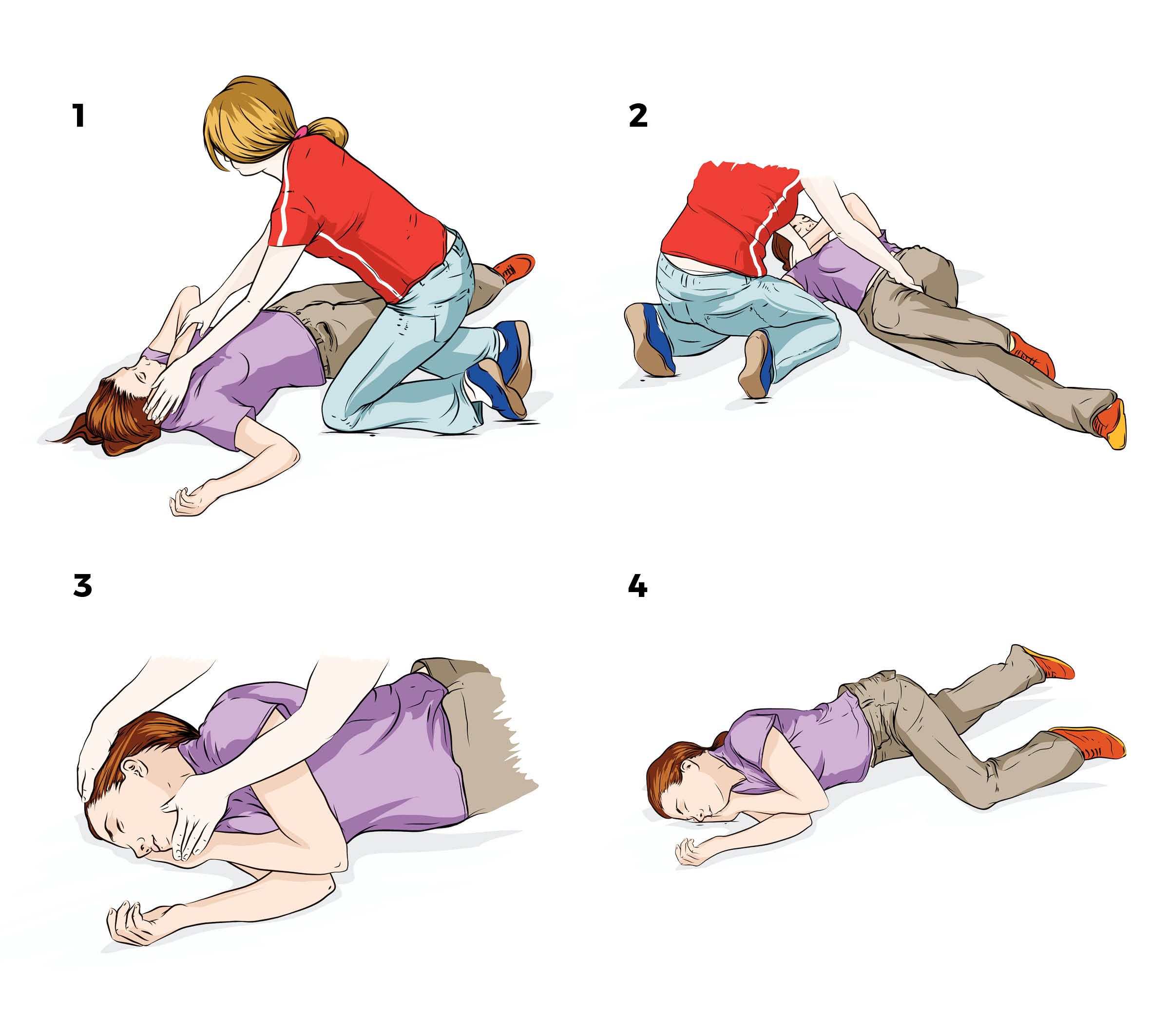Nitrous Oxide
Also called balloons, buzz bomb, hippy crack, laughing gas, nangs, nitro, nos, n20, whippets
Nitrous oxide is a depressant drug which means that it slows down and interferes with the functioning of the brain and the body. Nitrous oxide is commonly administered by medical practitioners to sedate or provide pain relief to people who are undergoing minor medical procedures.
What does it look like?
- gas (it can also be referred to as an ‘inhalant’ or a ‘volatile substance’)
- Inhaled
People use nitrous oxide by discharging nitrous oxide gas cartridges. People who inhale nitrous oxide directly from capsules or cylinder risk seriously damaging their lungs. People who inhale a large amount of nitrous oxide are at increased risk of heart attack and death due to a lack of oxygen, also known as hypoxia.
People may use nitrous oxide to induce feelings of euphoria, to feel numb or sedated, or to experience feelings of dissociation (being detached from the body).
Other short-term effects include:
- Light-headedness
- Dizziness
- Sweating
- Drowsiness
- Blurred vision
- Uncoordinated movements
- Confusion
- Loss of consciousness
Nitrous oxide affects people differently depending on a range of factors including how it is consumed and how much, whether it is used with other drugs, and, the individual characteristics of the person. It is important to know that there is no safe level of use.
- Memory loss
- Incontinence
- Numbness in the hands or feet
- Limb spasms
- Lowered immune system
- Anaemia
- Vitamin B12 depletion (which can cause brain and spinal damage)
Extended use can also cause people to experience depression and develop psychosis.
People who use nitrous oxide regularly may experience a range of physical, mental and social problems. Some common signs include:
- Physical problems including skin lesions and irritations around the nose, mouth lips, face and respiratory problems
- Social problems including relationship issues, financial problems, impacts on study or work and legal problems
Sometimes it can take a few attempts to cut back or stop.
- Avoid ‘triggers’ (i.e. things associated with using such as places, people and stressful situations)
- Ask a friend, family member or health professional for support
People who are concerned about their nitrous oxide use should talk to their doctor or health professional.
Adis 24/7 Alcohol and Drug Support is a 24 hour, 7 day a week confidential support service for people in Queensland with alcohol and other drug concerns, their loved ones and health professionals.
Talk to us. Anytime, anywhere.
1800 177 833
If someone is experiencing confusion, chest pain, breathlessness, or blackouts when using nitrous oxide, get help immediately. If the person has collapsed or lost consciousness, call an ambulance on triple zero (000). If they have stopped breathing commence CPR. If they are breathing normally, place them into the recovery position.

Adis - Understanding Nitrous Oxide Fact Sheet
Adis fact sheet on nitrous oxide, also known as balloons, buzz bomb, hippy crack, laughing gas, nangs, nitro, nos, n20, whippets.
Take a self assessment quiz, it's free and only takes 5 minutes.
